Peptic Ulcer Disease– Treatment & Management
Nov 06, 2024
Peptic ulcers are commonly asymptomatic- this means that the ailment has no symptoms and are silent, but can progress fast. Symptomatic peptic ulcers most commonly present with epigastric (pain that is localized to the region of the upper abdomen immediately below the ribs) pain or food-provoked epigastric discomfort and fullness, early satiety, and nausea.
Complications associated with Peptic Ulcer:
Complications may be heralded by new ulcer symptoms or a change in symptoms, or may occur in the absence of typical symptoms. Complications of peptic ulcers include
- Bleeding
- Gastric outlet obstruction
- Penetration into a solid organ or fistulization into a hollow viscus
- Free perforation.
How is a Peptic Ulcer diagnosed ?
On barium radiography, an ulcer niche is generally round or oval and may be surrounded by a smooth mound of edema. Secondary changes of a gastric ulcer include folds radiating to the crater and deformities in the region secondary to spasm, edema, and scarring. Secondary signs of duodenal ulcer include deformity of the duodenal bulb that may be evidenced by flattening of the superior or inferior fornices, eccentricity of the pyloric channel, pseudodiverticula, or exaggerated outpouching of recesses at the base of the bulb.
The diagnosis of peptic ulcer disease is suspected in patients with dyspepsia, especially in the setting of nonsteroidal anti-inflammatory drug (NSAID) use. While contrast imaging is not needed to diagnose peptic ulcer disease, if performed, it may be supportive of the diagnosis. The diagnosis of peptic ulcer disease is definitively established by direct visualization of the ulcer on upper endoscopy. On upper endoscopy, benign ulcers have smooth, regular, rounded edges, with a flat, smooth ulcer base often filled with exudate
Routine biopsy of benign-appearing duodenal ulcers is not recommended as they are unlikely to be malignant. The decision to biopsy benign-appearing gastric ulcers is controversial. Although we biopsy benign-appearing gastric ulcers at the index upper endoscopy as they may harbor malignancy, other experts do not biopsy gastric ulcers if the patient’s history and demographic features suggest a low risk of gastric cancer (eg, young patient with a history of NSAID use and a shallow flat antral ulcer
All patients diagnosed with peptic ulcer disease should undergo testing for H. pylori infection. Additional evaluation to determine the underlying etiology should be considered when H. pylori and NSAID use have been excluded.



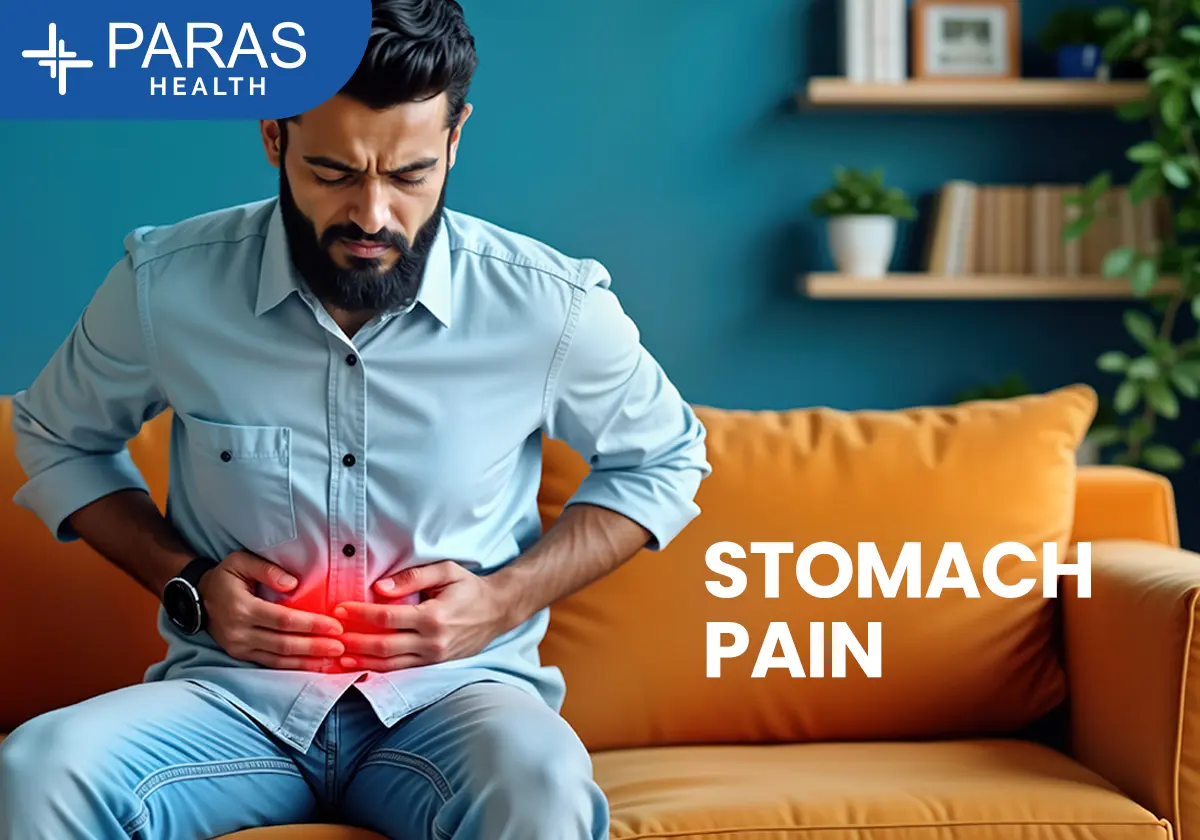
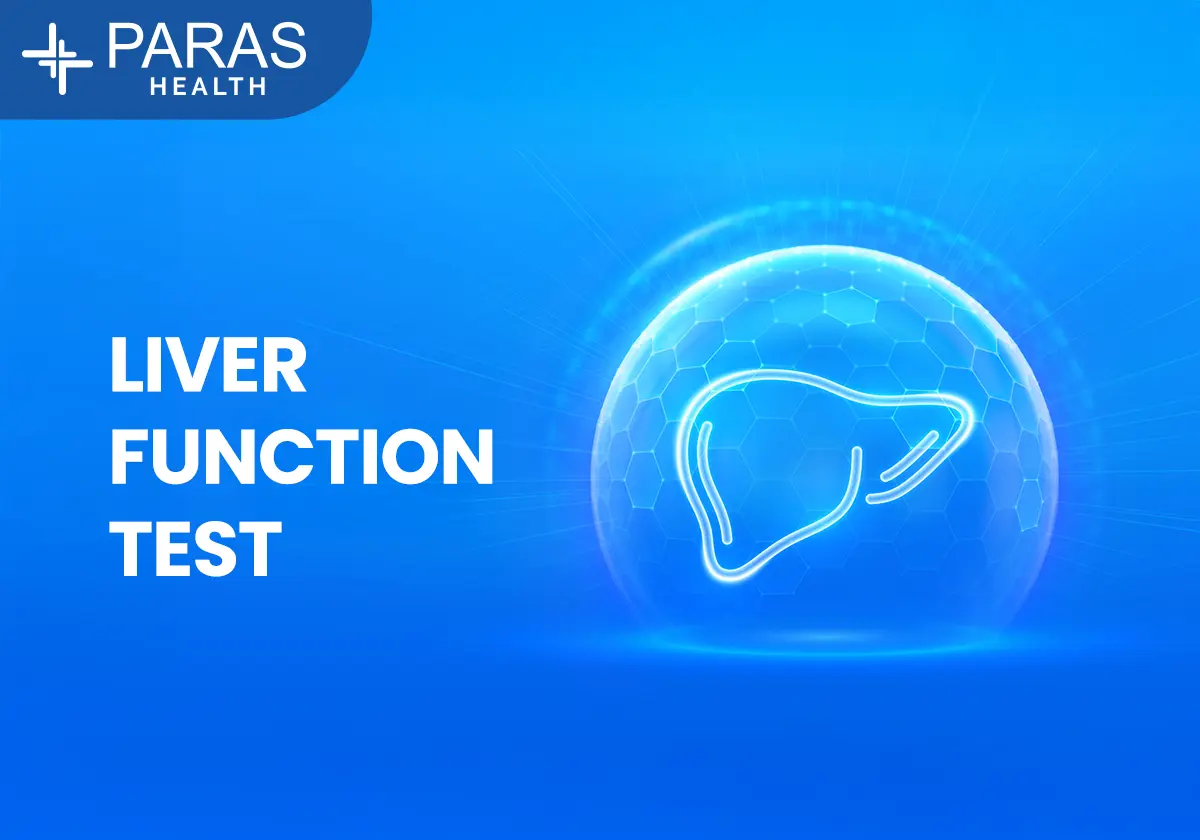
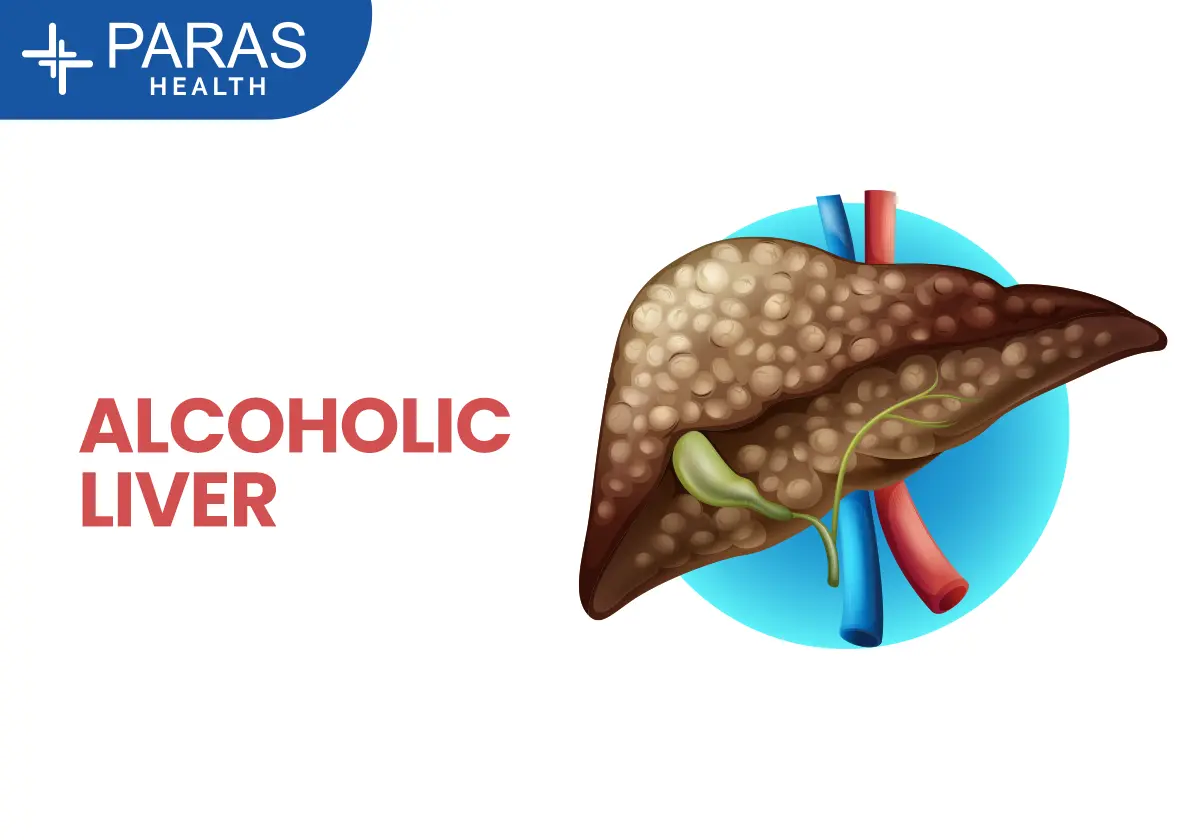
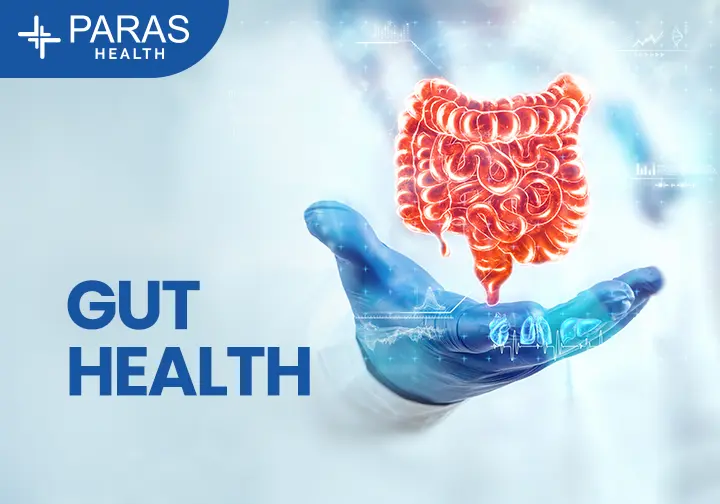
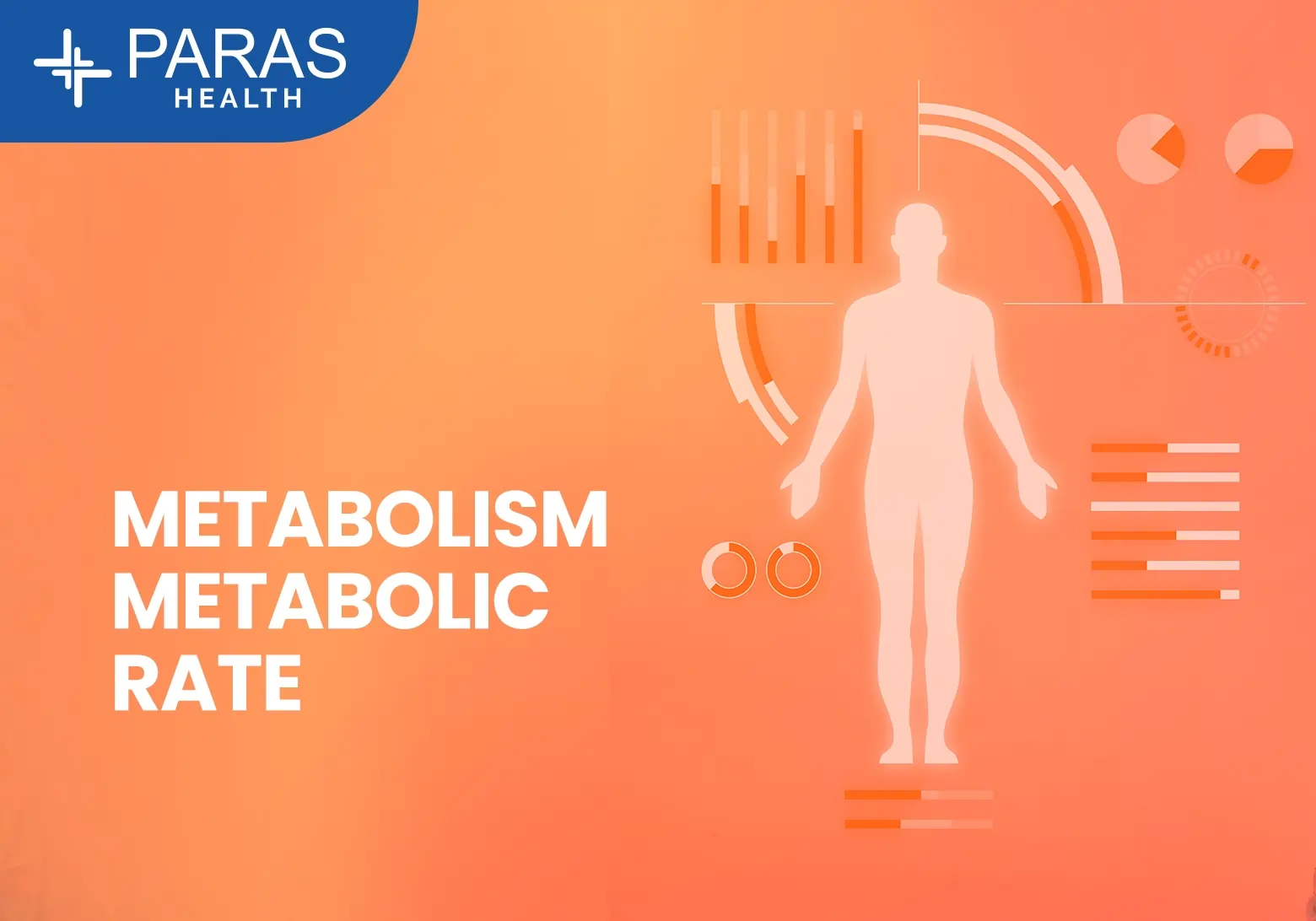
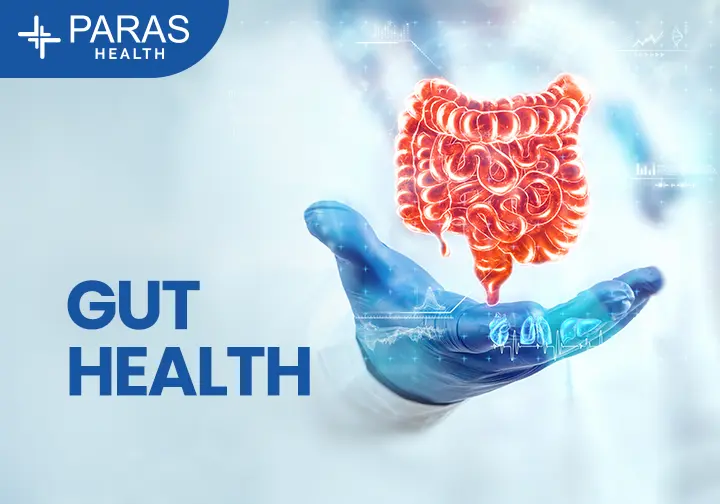
 Infectious Diarrhea Eng.webp)